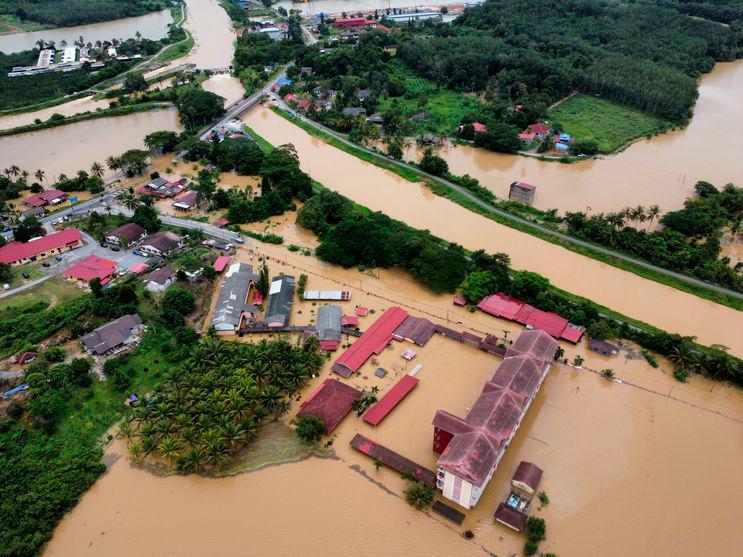PUTRAJAYA: The public is reminded to remain vigilant and prioritise electrical and gas safety during the flood season, as flood disasters pose various risks, including fallen electrical poles, broken power lines, and damage to electrical and gas equipment.
The Energy Commission (ST), in a statement today, informed that people should take precautionary measures before, during, and after a flood.
ST emphasised that if evacuation is required, the public should ensure electrical equipment is stored in high places safe from floodwaters and turn off the main switch on the electrical distribution board.
Separately connected electrical installations, such as solar PV systems or electric fences, should also be turned off from the main switch, and gas cylinder or piped gas valves should be shut off.
ALSO READ: Heavy downpour cripples KL traffic, 11 roads identified as worst hit by flash floods
During a flood, the public is advised to avoid areas with electrical installations or submerged electrical equipment, such as substations and switch rooms, and refrain from touching poles or structures that conduct electricity.
The public is urged not to move fallen electrical poles or severed wires and to report them immediately to the utility provider.
According to ST, after a flood, the main switch on the electrical distribution board and the gas valve should remain in the ‘OFF’ position before any cleaning work begins.
Before turning the main switch back ‘ON’, ensure electrical equipment are in good and dry condition, and always be cautious when cleaning up near power lines, electrical installations, and piped gas systems.
ALSO READ: Selangor latest state affected by floods
ST reminded the public to avoid using electrical and gas equipment if there are safety concerns and to contact registered electrical or gas contractors with ST if there are doubts about the safety of electrical or piped gas systems.
ST also advised the public to keep emergency contact numbers handy, such as those of nearby police stations, fire departments, hospitals, and utility companies.









